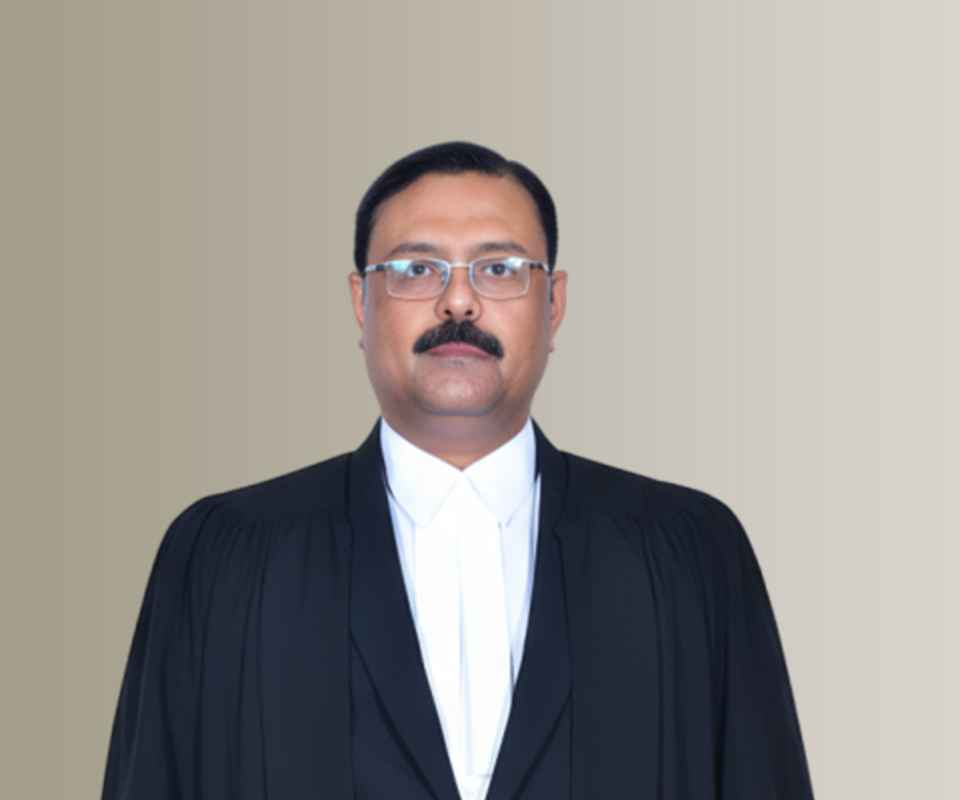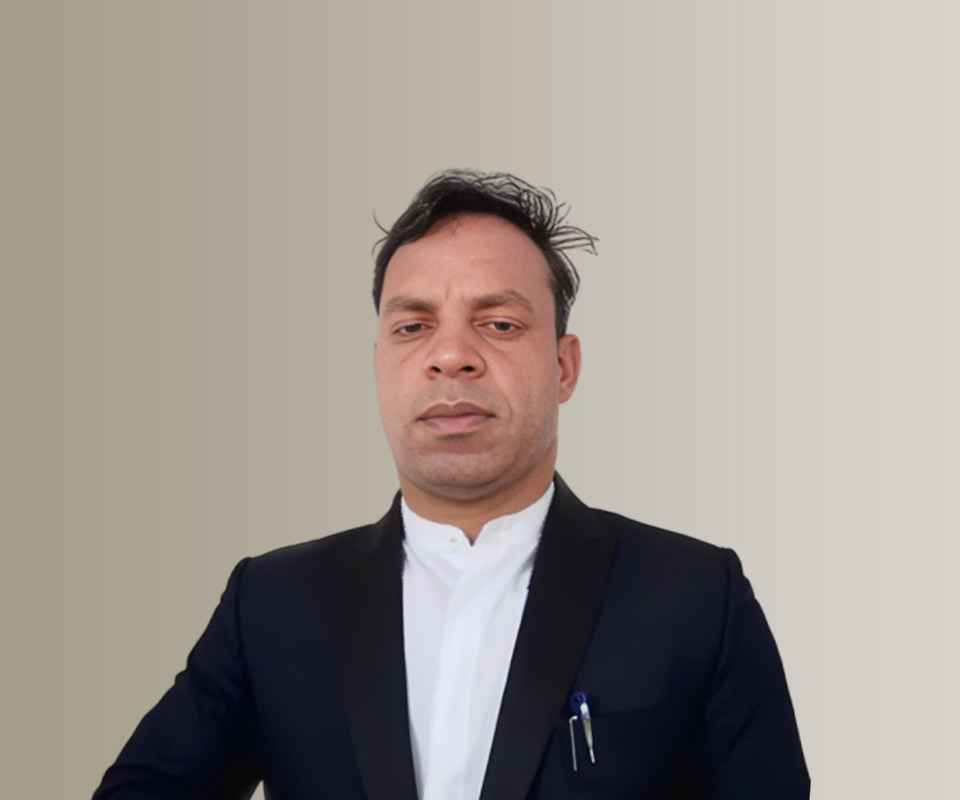Answer By law4u team
In international arbitration, the role of expert witnesses is crucial when the dispute involves highly technical or specialized issues. While parties can typically appoint their own expert witnesses, an arbitral tribunal also has the authority to appoint expert witnesses on its own initiative. The tribunal's ability to appoint experts helps ensure that the tribunal has access to the necessary expertise to resolve complex disputes, especially when the technical aspects of the case exceed the arbitrators' own expertise.
Can Expert Witnesses Be Appointed by the Tribunal?
Tribunal’s Authority to Appoint Experts:
Yes, an arbitral tribunal has the authority to appoint expert witnesses in international arbitration. This power is typically conferred by the applicable arbitration rules, such as the ICC, LCIA, SIAC, and UNCITRAL rules, as well as under the IBA Rules on the Taking of Evidence.
The tribunal may appoint experts when it considers that specialized knowledge is necessary to resolve issues in the dispute that fall outside its own expertise or the expertise of the parties’ appointed experts.
Example: In an international commercial arbitration involving a technical dispute over manufacturing processes, if neither party provides an expert with the required technical background, the tribunal may appoint an independent expert in the relevant field to assist.
Conditions for Appointment of Experts:
The tribunal will generally appoint experts in situations where it believes that technical or scientific issues are beyond the arbitrators' capacity to assess effectively. These issues could range from complex engineering or construction matters to financial analysis or patent valuation.
Experts are often appointed when there is a factual dispute between the parties that requires specific technical input. The tribunal may also appoint experts to clarify particular areas of law or industry standards.
Example: In a dispute regarding the valuation of a company's shares, the tribunal may appoint an expert in financial valuation to assist in determining the fair market value.
Tribunal-Ordered Experts vs. Party-Selected Experts:
In arbitration, the parties have the right to select and appoint their own experts, who will provide testimony or reports that support their positions. However, when the tribunal appoints an expert, the expert’s role is more neutral and independent compared to party-appointed experts.
The tribunal-appointed expert is expected to provide an impartial opinion on the technical matters in question, ensuring that the tribunal is not overly influenced by either party’s expert.
Example: If one party presents a report claiming that a contract was breached, the tribunal may appoint an expert to provide a neutral assessment of whether the breach was due to manufacturing defects or external factors.
Process of Appointing Expert Witnesses:
When the tribunal decides to appoint an expert, it generally communicates this decision to both parties, who may be given an opportunity to comment on the choice of expert or even propose their own suggestions for experts.
The expert is expected to submit a report that includes an analysis of the issues at hand and an impartial assessment of the facts.
In certain cases, the tribunal may invite the parties to propose names of potential experts, but the final decision rests with the tribunal.
Example: In an environmental arbitration, the tribunal might ask both parties to provide suggestions for an expert in environmental law, but ultimately selects the expert based on qualifications and neutrality.
Role and Function of Tribunal-Appointed Experts:
The expert's role is to assist the tribunal in understanding the technical issues involved in the dispute. Their primary task is to present an objective report and, if needed, provide testimony at the hearing.
The expert does not decide the outcome of the dispute but helps the tribunal to assess the evidence and facts that are outside the tribunal’s expertise.
Example: In a patent dispute, the tribunal-appointed expert would provide a technical analysis of whether the allegedly infringing product violates the patent’s claims, without taking sides in the dispute.
Advantages of Tribunal-Appointed Experts:
Neutrality and Independence:
A tribunal-appointed expert is neutral and does not have any vested interest in the outcome of the case, unlike party-appointed experts who may be perceived as biased.
Efficiency:
Tribunal-appointed experts can streamline the arbitration process by providing technical insight that clarifies issues quickly and efficiently, potentially avoiding lengthy battles between competing experts from each party.
Cost-Effectiveness:
Tribunal-appointed experts can reduce the need for lengthy cross-examinations of multiple party-appointed experts, thereby reducing costs and improving the efficiency of the proceedings.
Example: In an arbitration related to a construction dispute, having a single, neutral expert assess the quality of the construction work may prevent the need for each party to hire separate experts, saving both time and money.
Challenges to Tribunal Appointing Experts:
Parties may object to the tribunal’s choice of expert, arguing that the expert may be biased or lack the necessary qualifications for the case. Tribunals will typically address these objections by reviewing the expert's qualifications and ensuring the expert is impartial.
Example: If one party claims that the appointed expert has a history of working with the opposing party in other cases, the tribunal may review this relationship and, if necessary, appoint a different expert to avoid any potential conflicts of interest.
Impartiality and Ethical Considerations:
The expert appointed by the tribunal must be impartial and should not have any personal or professional interest in the dispute. Before accepting the appointment, experts must disclose any potential conflicts of interest.
The tribunal has a duty to ensure that the appointed expert complies with ethical standards and that the expert’s report and testimony are reliable and unbiased.
Example: If an expert has previously worked with one of the parties in a similar dispute, the tribunal may choose another expert to avoid any perception of bias.
Cross-Examination of Tribunal-Appointed Experts:
Even though the tribunal appoints the expert, the parties retain the right to cross-examine the expert during the hearing. Cross-examination allows the parties to challenge the expert’s methodology, conclusions, and qualifications.
Example: In a dispute over the environmental impact of a project, the opposing party may challenge the appointed expert’s qualifications or specific findings during cross-examination to test the expert's credibility.
Example:
Scenario:
In an international arbitration between TechSolutions Inc. (claimant) and AutoParts Co. (respondent) regarding a dispute over a defective part supplied by AutoParts, the tribunal realizes that a mechanical engineer would be required to assess whether the defect was caused by faulty manufacturing or external handling.
Tribunal's Decision to Appoint Expert:
The tribunal decides to appoint a neutral expert in mechanical engineering to examine the part and determine its condition. The tribunal explains that the expert’s role will be to assess the technical aspects of the failure, ensuring that the expert’s opinion remains impartial.
Expert Report and Hearing:
The appointed expert submits a detailed report explaining the technical reasons for the part's failure. During the hearing, the expert is cross-examined by both parties, with AutoParts Co. challenging some aspects of the report and questioning the methods used.
Impact of Tribunal's Appointment:
The expert’s independent and impartial report helps the tribunal understand the technical details of the failure. After reviewing the report and hearing both sides, the tribunal issues a decision in favor of TechSolutions, ruling that the defect was indeed caused by faulty manufacturing by AutoParts.
Conclusion:
Yes, an arbitral tribunal has the authority to appoint expert witnesses in international arbitration when it believes that specialized knowledge is needed to resolve complex issues in the dispute. The tribunal-appointed expert provides impartial, independent advice to assist the tribunal in making informed decisions. This process can enhance the efficiency, fairness, and credibility of arbitration proceedings, particularly in technical matters.






